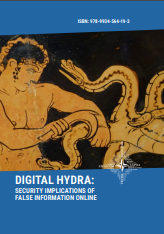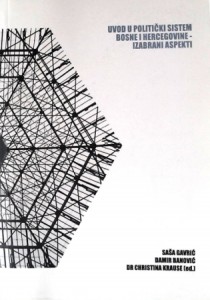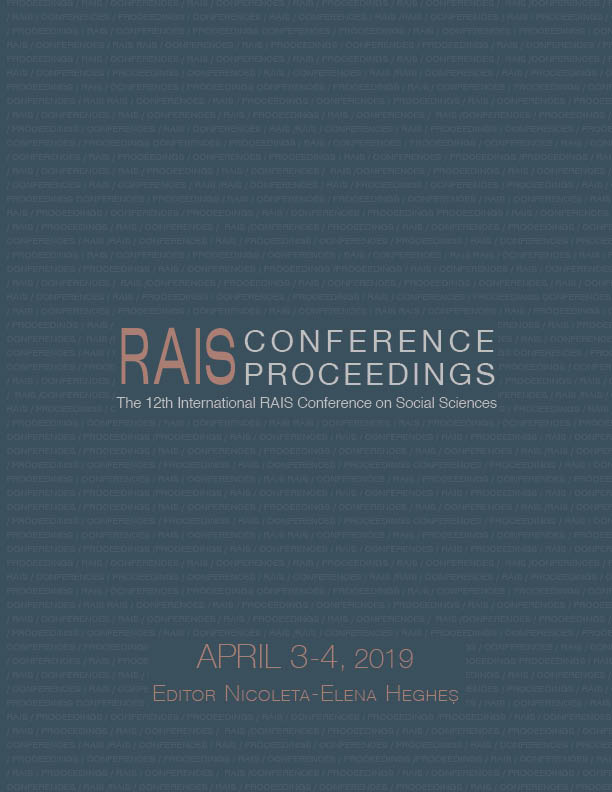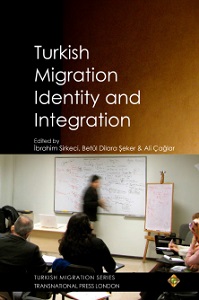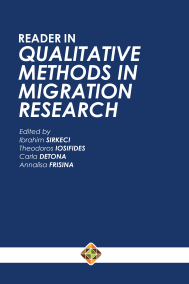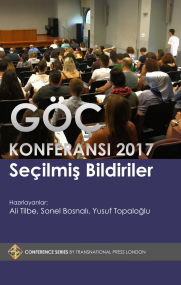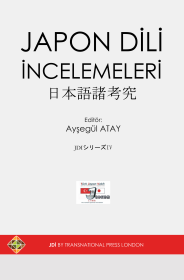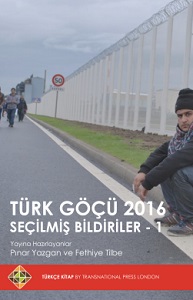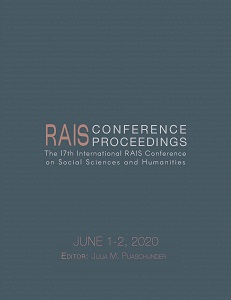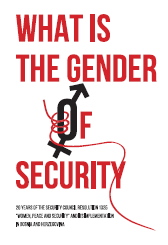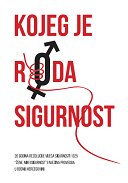
TELL ME LIES, TELL ME SWEET LITTLE LIES
Many political analysts maintain that the ‘era of post-truth’ began in 2016; the year we allegedly left the world of rational argument and objective facts and entered a world of ‘bullshit’ and lies. The election of President Donald Trump and the success of the Brexit campaign are often cited as evidence. However, such an interpretation of contemporary politics is not without limitations. Not only has lying always been part of the political repertoire, but the notion of a post-truth era also creates too harsh a break with the past, failing to address the central questions of how to distinguish between different (legitimate) truths and fake-news strategies, and how both of these impact the political and media discourses of today. Why does the dissemination of false information appear to be such an attractive strategy in our current information environment?
More...
